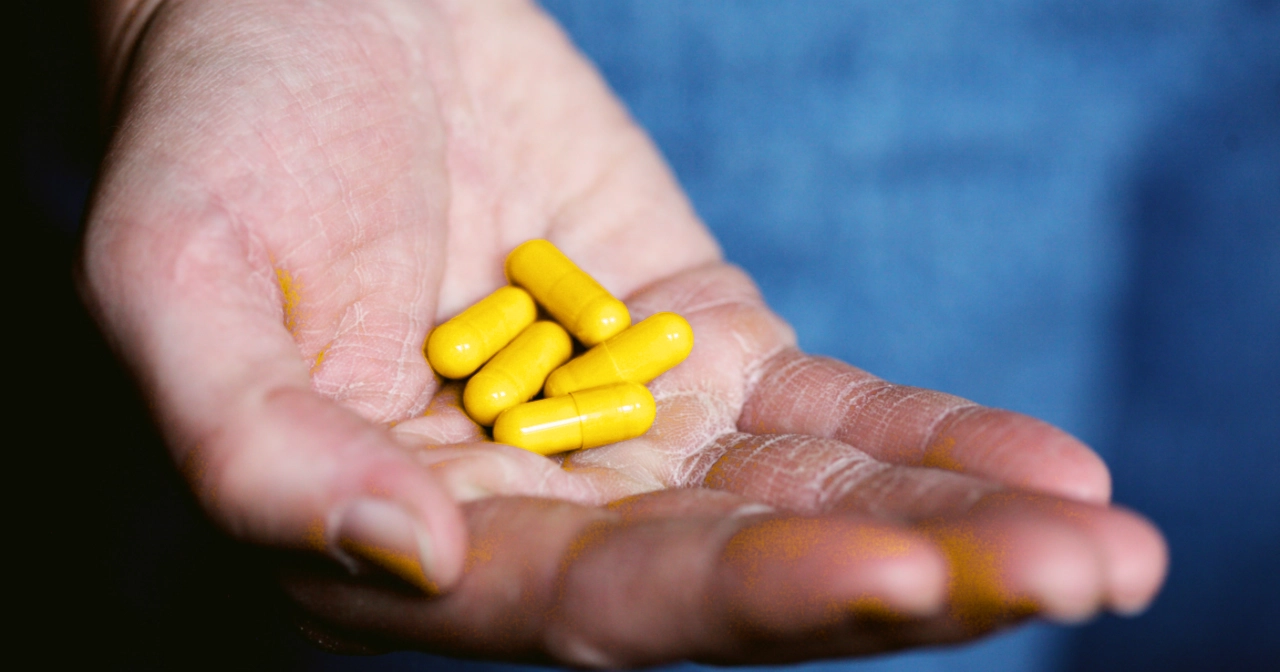Listen on: Apple Podcasts | Spotify
Over the 20+ years of my fitness career, I’ve seen countless supplements rise and fall in popularity. Few have proven to be effective long-term and in both animals and humans. Berberine is among the few.
Each year, more and more research shows how effective berberine supplementation is in supporting various metabolic health issues.
I even found a study a couple of months ago suggesting berberine may help reduce noise-induced hearing loss. That study was done in rats, so it’s hard to say whether it’ll work in humans, but I thought that was pretty interesting nonetheless.
Here, though, I want to focus on berberine’s impact on cardiovascular health, one of the main causes of reduced quality of life and death in middle-aged and older adults.
What is berberine?
Berberine is a compound found in goldenseal, goldenthread, Oregon grape, barberry, prickly and Californian poppy, and Amur cork tree.
Though you can take it today as an isolated, standardized compound, Chinese and Ayurvedic medicine practitioners have prescribed the plants above as treatments for thousands of years.
Berberine is a bright, yellow powder with an extremely bitter taste. It’s usually taken in capsule form so you don’t have to taste it.
Preventing Cardiovascular Disease
Cardiovascular disease remains the number one killer, with almost one-third of annual deaths coming from it.
A just-published meta-analysis of 49 studies analyzed the effects of berberine on cardiovascular health. While the findings are impressive, if you’re serious about preventing, slowing, or even reversing cardiovascular disease, your diet and lifestyle choices will always make a bigger difference than a supplement or medication.
If any of the following apply to you, you’re causing yourself to develop cardiovascular disease. Get the following fixed first, then consider using berberine.
You might be giving yourself cardiovascular disease if you:
- Live with chronically high, unmanaged stress
- Are an endurance athlete or do excessive amounts of cardio
- Eat a high-carb / low-protein diet (most people eat way more carbs and way less protein than they think)
- Lack muscle mass because you don’t strength train (this is especially important for women)
- Are a man (someone born with XY chromosomes) with low testosterone
- Are a woman (someone born with XX chromosomes) with high testosterone, such as a woman with PCOS
- Have hypothyroidism (low thyroid)
- Have micronutrient deficiencies
- Live in consistent sleep debt
Will berberine help reduce the damage of the above choices and issues?
It could help. Just like a group of firefighters could quell a fire while you keep pouring gasoline on it. But it would be foolish to pour the gasoline on the fire, and it’s foolish not to resolve the above issues, which are almost completely within your control.
I’ve linked to several of my articles above if you’d like more information on dealing with one of the above issues.
Findings of the Meta-Analysis
According to the meta-analysis, berberine supplementation significantly lowers:
- Total cholesterol
- Triglycerides
- LDL cholesterol
- Fasting blood glucose
- Insulin
- HbA1c
- Insulin resistance
- Bodyweight and BMI
- Waist circumference
At doses above 1 gram daily, berberine supplementation also raises HDL cholesterol (protective cholesterol).
According to the reviewed studies, it’s most effective at reducing cardiovascular risk factors in people with non-alcoholic fatty liver disease (NAFLD), type II diabetes, and metabolic syndrome. For lipids and glucose, it’s most effective for people with HDL below 40 mg/dL, LDL above 100 mg/dL, and fasting blood glucose above 100 mg/dL.
Doses and Durations
To improve insulin sensitivity and lower fasting blood glucose and HbA1c, research shows people need about 1.8 grams per day and need to take it for at least two months before they start seeing improvements.
Likewise, doses over 1 gram per day, taken for at least eight weeks, improve waist circumference and body mass index (BMI). That’s also the ideal dose for improving cholesterol and triglycerides. Berberine is thermogenic, meaning it increases the body’s basal metabolic rate. It may also affect genes that increase fat storage, decreasing fat droplet size and number in some body parts.
Interestingly, it seems people need at least 5 grams per day to raise HDL cholesterol.
A small amount of research suggests berberine supplementation may also improve blood pressure, but the necessary dose is yet unknown. That said, its effect on blood pressure should not be surprising since it lowers blood sugar. Diets that restrict carbohydrates significantly lower blood pressure, so lowering blood sugar should lower blood pressure.
Before you supplement…
Berberine appears to be a potent supplement. If you are a good candidate for using it but are already taking medication to control one of the conditions above, talk with your doctor first. You will likely need to adjust your medication if you add berberine to your nutrition plan.
And again, if you’re not eating a high-protein diet, getting plenty of sleep, and strength training consistently, following a professional, periodized program, don’t expect to see a miraculous difference from taking a supplement.
Photo by Alexander Grey on Unsplash



